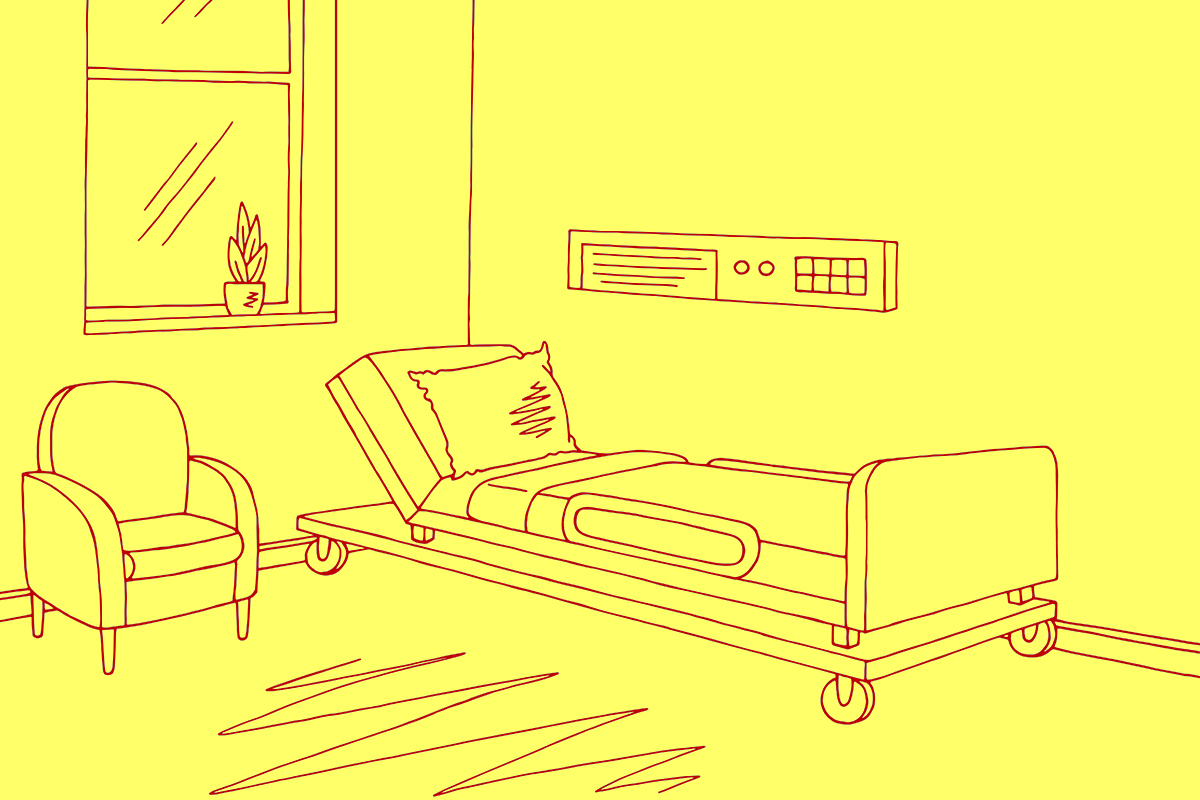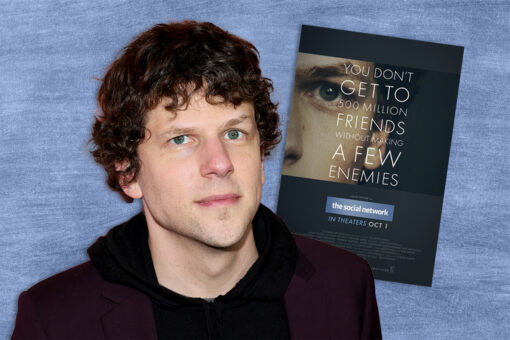Content warning: suicide.
Growing up, Friday night meant standing next to my mother as she lit one candle for each member of our family, waiting for her to kiss me on the cheek. Her kiss signified that Shabbat had truly started, when the weight of the week lifted off my shoulders and the delicious peace of Shabbat descended.
I knew once I moved out of the house, I’d be responsible for making my own Shabbat traditions. But I didn’t know just how meaningful that experience would be until I faced my first week without Shabbat.
About six months before I moved out, I spent a few days in the psychiatric wing of a hospital near my parents’ house. After almost a week of suicidal ideation, I had tried to hurt myself. While I was no stranger to the painful, cycling thoughts of numb worthlessness, this was the first time I’d acted on them. Even when I had to leave my Israeli gap year program the year before because of my depression, I was only passively thinking about suicide. But now that I was no longer safe in my own skin, my therapist, parents, and I all agreed that it would be best for me to be hospitalized.
Time doesn’t operate the same way in hospitals as it does outside of them. In the psych ward, time ceases to exist at all. I didn’t have my phone or a watch, so I still don’t know how long I spent in the pseudo-sleep of the deeply depressed before pacing the halls, asking for my fine-tipped pens, and stepping into the common room to doodle, write, and fill in swirls of a coloring book.
I was hospitalized on a Thursday evening. By the time I was acclimated enough to the psych ward to know what time it was, it was almost sundown on Friday. Even though time doesn’t exist in the psych ward, my already-broken heart ached. When my parents had visited me earlier that day, I had asked what I should do over Shabbat, as writing and drawing are usually prohibited by Jewish law, yet that was all the pysch ward offered as a way of passing time.
My father gave me a stern look. “You do whatever you need to do.”
“But—”
“It’s pikuach nefesh, Naima,” he said. “You’re supposed to break Shabbat if it’ll save your life.”
My eyes burned with tears, which was surprising, because I’d been feeling too numb to cry for weeks. I nodded, and that was the end of the conversation. I knew that my father was right: Observing Shabbat takes a backseat to preserving lives. But by admitting that he was right, I was also admitting that I was in a life-threatening situation. Shabbat was not going to be the priority, I was.
For the rest of my Shabbat in the psych ward, as I drew, wrote, and spent it like I did every other day, I had to keep reminding myself that by not observing Shabbat, I was saving my life. It was difficult to do so, especially when I remembered that across town, my family would be sitting around the table, sharing challah, chicken soup, and anecdotes from the week. I had to remember that the way I needed to relate to whatever God I kind of believed in was by taking care of my bruised soul.
Since being hospitalized, I’ve lived in two different apartments with three sets of roommates. I’ve started and ended my first adult romantic relationship. I declared two majors and dropped one of them. I went to hours upon hours of therapy and swallowed hundreds of antidepressants. I have observed three years’ worth of Shabbats.
Yet I still think back on my Shabbat, or lack thereof, in the pysch ward often, not because of the restrictions I faced there, but the ways in which it opened my eyes to what observing this ritual really means.
Shabbat doesn’t mean the same thing to everyone, and it certainly hasn’t meant the same thing to me throughout my life. Now, though, when I celebrate Shabbat, it’s just me and my perpetually healing soul, remembering that I deserve to rest.
If you or someone you know is in emotional distress or suicidal crisis, check out the resources below.
The National Suicide Prevention Lifeline is 1-800-273-8255. You can also text HOME to 741741 at the Crisis Text Line, for 24/7, anonymous, free counseling. International helplines can be found at International Association for Suicide Prevention.
Illustration in header via Aluna1/iStock/Getty Images.



